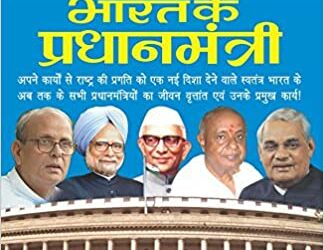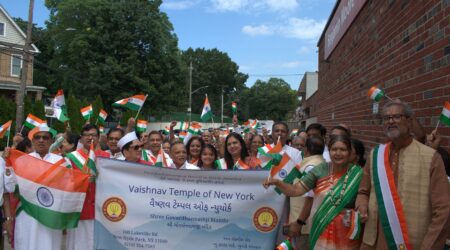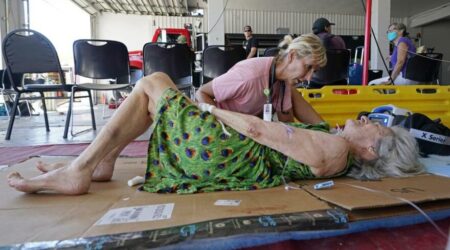Washington, DC: South Asian Americans Leading Together (SAALT) released the report Unequal Consequences: The Disparate Impact of COVID-19 Across South Asian Americans on Sept 29, highlighting the urgent need for funders and policy makers to gather accurate disaggregated data on South Asian communities in the US to be able to understand and respond to the needs that have emerged since the onset of the pandemic.
The report examines areas of the US with among the largest South Asians populations including New York, Chicago, Houston, Atlanta, and the Bay Area and Central Valley in California and draws primarily on interviews with community leaders who are members of the National Coalition of South Asian Organizations (NCSO), a national community survey, and media reports. SAALT also launched an interactive map and video testimonials to further highlight the impact of the pandemic on South Asians.
Key findings of the report include:
-
South Asian Americans who were already vulnerable have been most directly impacted by the pandemic – whether due to their immigration status, their experiences with domestic violence, living with underlying health conditions, or unsafe working environments. Every interviewee shared that, as a result, community members are experiencing mental health challenges.
-
Data on COVID-19 cases, hospitalizations, and deaths are currently incomplete as statistics are under counted in South Asian American communities, often labeled as “other Asian” or “unknown” race categories.
-
South Asians are at high risk if they contract COVID-19; they are four times more likely than the general population of having heart disease or diabetes, putting them at greater risk of coronavirus-caused death. Other compounding risk factors include multi-generational housing, lack of language accessible public health materials and government resources, and insufficient protections based on employment or immigration status.
-
Every survivor-support organization SAALT interviewed explicitly named a drastic increase in gender-based domestic violence.
-
Government agencies have neglected to provide Limited English Proficient (LEP) community members with culturally appropriate services and language accessible information, impeding access to government services and relief funds.
-
85% of respondents to SAALT’s community survey are worried about immigration – specifically being able to travel outside of the U.S., as well as anxiety over recent executive orders targeting green cards, H-1B work visas, and student visas.
-
Lakshmi Sridaran, SAALT’s Executive Director, said “One of the most important lessons from watershed moments of crisis, like 9/11, the 2016 presidential election, and now the COVID-19 pandemic, is that South Asian American communities have deeply divided experiences. The South Asian populations in the US who were primarily targeted after 9/11, most impacted by this Administration’s racist policies, and most vulnerable to COVID-19 are also the populations most marginalized within our own communities because of immigration status, class, caste, religion, and LGBT + identity. While developing a shared narrative across these differences is valuable for building collective power, only by centering the experiences of these populations do we truly understand the magnitude and range of impact of these crises.”









